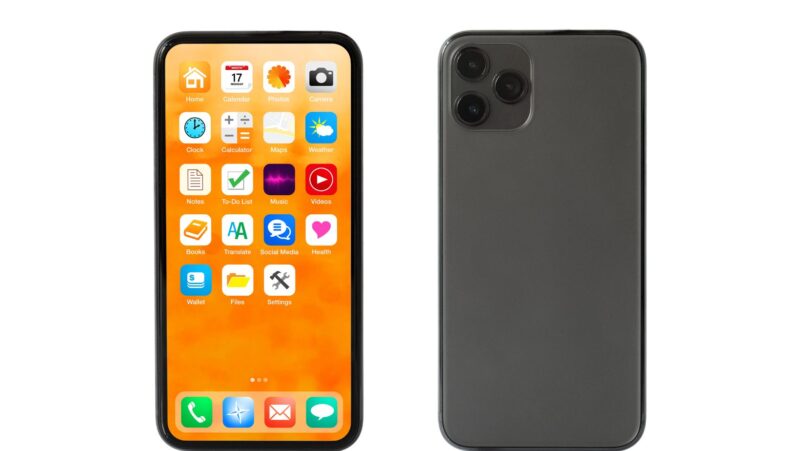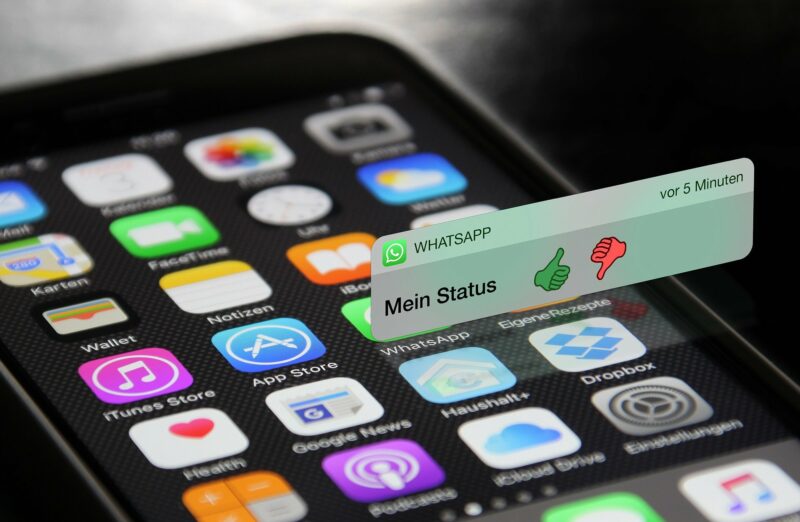
Mobile game development has become one of the most impactful mediums in the current digital era. It has revolutionized the way we interact and conduct business.
Today, mobile gaming has exceeded its horizon to become a global phenomenon with the increasing adoption of smartphones and tablets. There was a time when games were used to kill time out of boredom.
Now, they have become an integral part of our daily lives. The latest games offer wholesome experiences with exciting features. Games have become the means of social connections and avenues for learning and skill development. Moreover, the increasing competition in this industry has encouraged every other mobile game app development company to improve the gaming experiences.
Evolution of the Gaming Landscape:
Over the past few decades, the digital world has experienced some remarkable transformations in different sectors, and gaming is one of them. The two main reasons behind this evolution are technological advancements and changing consumer behaviors.
From basic arcade games with pixelated graphics to today’s sophisticated, multi-platform experiences, the journey of digital entertainment has been extraordinary, transforming the way we comprehend games. Moreover, the emergence of high-speed internet along with the increase of mobile devices in different categories has simplified access to the different scales of games.
So, it is fair to say that we are living in an era where every gaming entertainment is literally at our fingertips. The mobile game development has become a driving force. It has revolutionized the way we play and connect with our social network.
Factors Contributing to the Popularity of Mobile Gaming:
Although there are multiple aspects behind the success of mobile gaming, making it a popular medium for entertainment. However, these are the driving factors that have created the difference for this particular niche:
Accessibility: It is one of the key factors behind the growing popularity of mobile gaming. The accessibility of mobile games is quite exceptional as you can play these games on smartphones and tablets that are readily available. So, they don’t require specific hardware and setups like PC or console games.
Convenience: Mobile gaming offers the maximum level of convenience. It allows players to enjoy their favorite games anytime and anywhere with the device in their pocket. It means you can have instant access to the game, whether during a commute or relaxing at home.
Diverse Game Selection: The mobile gaming market possesses a diverse selection of games catering to various interests and preferences. From basic puzzle games to high-level multiplayer experiences, mobile gaming has something to offer for everyone.
Social Connectivity: Many mobile games incorporate social features that enable players to connect with friends. It also encourages competition against each other, fostering a community of like-minded gamers. With social connectivity, the engagement and enjoyment of the gaming experience have increased.
Technological Advancements: Several innovations in mobile technology have enabled developers to create more immersive gaming experiences. It is based on improved graphics capabilities, faster processors, and augmented reality features. As a result, users get visually stunning games with further enhanced appeal of mobile gaming.
Importance of Mobile Game Development
Mobile games are just not limited to the sake of entertainment. Their significance goes beyond that, and several aspects contribute to the overall impact of mobile gaming:
Accessibility and Convenience for Users:
Mobile game development prioritizes accessibility by leveraging the global availability of smartphones and tablets. It ensures that users can easily access and enjoy games at any place and time.
Moreover, mobile games can be played on devices that users already own and carry with them. That’s how they eliminate the barriers to entry, as they don’t require specific hardware or dedicated gaming setups like traditional gaming platforms.
The convenience factor is quite essential in mobile gaming. It allows users to engage in gaming sessions during short breaks. That’s why mobile games have become an integral part of their daily routines.
Revenue Potential and Market Opportunities:
Mobile game development presents significant revenue potential as the global mobile gaming market consistently is continuously standing out in the overall gaming industry.
Meanwhile, the freemium model allows developers to monetize their creations while providing users with flexibility based on their level of investment. It has become highly lucrative by offering games for free with optional in-app purchases or advertisements.
Additionally, the global reach of mobile platforms has been exposed to a vast market of opportunities for developers. It has enabled them to target diverse demographics and geographic regions with their games.
Engagement and Interaction with a Diverse Audience:
Mobile game development facilitates engagement among different types of audiences. It provides a wide range of gaming experiences customized to specific interests, ages, and skill levels.
However, mobile games foster interaction and connection among players through social features, multiplayer modes, and online communities. As a result, it has built vibrant ecosystems of engagement.
Furthermore, mobile games have the potential to surpass cultural and linguistic barriers. Modern games facilitate cross-cultural interactions and experiences according to players worldwide.
Impact of Mobile Gaming on the Digital Landscape
Mobile game development has played a vital role in changing consumer behavior and entertainment preferences. It has transformed how people interact with digital content and spend their free time.
However, the level of convenience and accessibility that mobile gaming offers has led to a shift in consumer expectations. The latest games are designed to fit seamlessly into a busy lifestyle with users increasingly seeking instant access to entertainment.
As a result, the engaging nature of mobile games has raised the bar for entertainment quality. With increasing games, it prompts users to demand rich and more interactive experiences across all digital platforms.
Integration with Other Industries:
Mobile game development has extended its utility beyond the entertainment sector. Today, it has become a powerful tool for marketing, education, healthcare, and various other industries.
In marketing, brands leverage mobile games to engage with consumers in innovative ways. It enables them to incorporate branded content, product placements, and interactive experiences. That’s how they drive awareness and brand loyalty.
In the education sector, mobile games are increasingly used as educational tools to facilitate learning and skill development in a fun manner. There are different gamification principles utilized to make learning more interactive and motivating.
In the healthcare industry, mobile games are employed for purposes such as rehabilitation, mental health management, and health education. Several gamified apps help users track progress, and adhere to treatment plans, encouraging them to make healthier lifestyle choices.
Therefore, the integration of mobile games with other industries shows the versatility and impact of mobile game development beyond entertainment. It also highlights its potential to drive positive change and innovation in various sectors of society.
Wrapping it Up
Mobile game development has undoubtedly revolutionized entertainment and business interactions. With its accessibility, revenue potential, and diverse audience engagement, it’s become integral to daily life. Beyond entertainment, it’s now a tool for education, healthcare, and marketing, showcasing its versatility and impact across industries. Mobile gaming’s evolution reflects changing consumer behavior and technological advancements, shaping the digital landscape for the future. Therefore, we encourage businesses to invest in mobile gaming to compete in the global market increasing the reach of their business.












